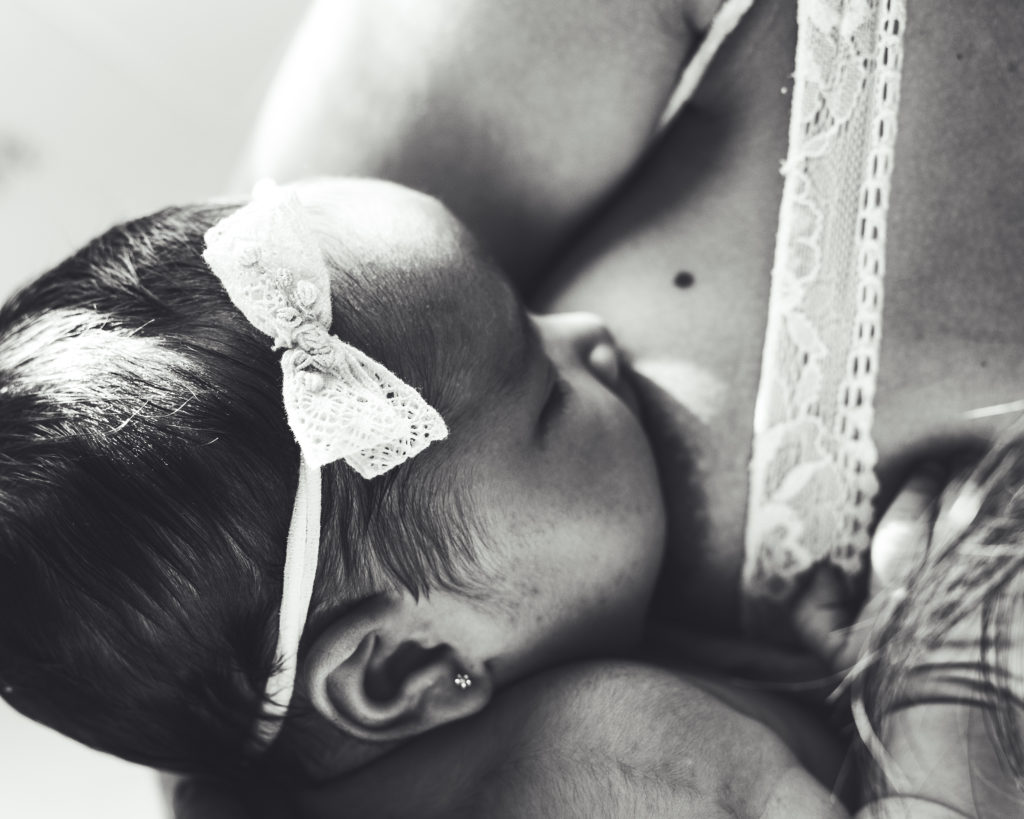
Let’s talk breastfeeding: Benefits for both baby AND mum!
In honour of #worldbreastfeedingweek we’re celebrating mums as you all selflessly devote yourselves to your baby’s needs, especially in those tender few days, weeks and months of your motherhood and breastfeeding journey!
Even in all its modesty, we count ourselves lucky to live in a country that recognises the benefits for babies, and truly empowers women to breastfeed – thank you UAE! While it isn’t for everyone (and that’s totally okay), if you’re able to breastfeed your baby, there are all kinds of health advantages you’ll pass on.
So if you’re wondering about the pros of breastfeeding, keep reading to discover the many benefits for your baby, and the many perks for mothers, too.

Benefits for baby:
- Your breast milk changes as your baby grows. In the first few days after birth, breasts produce colostrum: Nutrient-rich milk full of calcium, proteins, minerals, and antibodies that babies need in their first few days of life. It’s called Liquid Gold because of its nutrient density and creamy yellow colour.
- Breastfeeding protects against ear infections, bacterial infections, urinary tract infections and autoimmune diseases. It also contributes to the prevention of celiac disease, as well as some childhood cancers such as lymphoma, leukemia and neuroblastoma
- A newborn can only see things clearly in focus 8 to 15 inches away from his face, meaning he can see you while he’s nursing. Talk about bonding!
- Babies have a well-developed sense of smell and know their mama’s specific breastmilk scent. That’s why she’ll turn her head to you when hungry.
- When a baby is going through a growth spurt, she will want to nurse more frequently—your breasts will take the hint by increasing the fat content.

Benefits for mum:
- Breastfeeding produces the naturally soothing hormones oxytocin and prolactin that promote stress reduction and positive feelings.
- Promotes faster weight loss after birth, burning about 500 extra calories a day to build and maintain a milk supply.
- Stimulates the uterus to contract and return to normal size.
- Breastfeeding makes travel easier. Breast milk is always clean and the right temperature.
- The frequent skin-to-skin contact can help the emotional and physical bond with your baby.
It’s recommended that you breastfeed exclusively until you introduce solid foods when your baby starts showing signs that they’re ready. This usually happens around six months. It’s around this time that babies start to need extra nutrients for growth and development.
Ultimately, it’s an individual choice. So if you decide not to breastfeed, it’s good to know that formulas give your baby all the goodness they need to build immunity and contain all the nutrients they need too. And, if you need to supplement breastmilk with formula, it doesn’t mean that breastfeeding has to stop completely either – baby gets to enjoy the best of both worlds.
Happy feeding, mamas!




No Comments